Incontinence is often seen as an embarrassing condition. And while there are medical treatments and medications that can help, sometimes they are just not enough. Sometimes we need to add some holistic remedies that complement the medical treatments. Of course, you should always check home remedies with your doctor first, to ensure they won’t interact with your medications. Today we are going to talk about the 10 best home remedies for female and male incontinence.
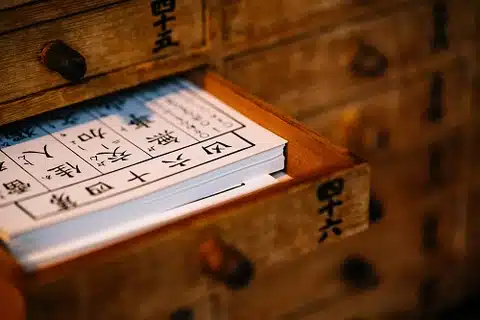
1: Chinese Herbal Blends
Gosha-jinki-gan (GJG) is a special blend of 10 traditional Chinese herbs that inhibits the bladder. This significantly improves your daytime frequency. Several studies have been done on this blend of Chinese herbs and they report that just 7.5mg a day is enough to significantly improve the daytime frequency issues of your bladder. In fact, this has been confirmed by several researchers and published in several peer reviewed articles, including Reviews in Urology.
Hachimi-jio-gan is another reviewed product that affects the bladder. Made up of eight natural ingredients, many of which are also in Gosh-jinki-gan, it can help with muscle contraction. This helps stop leakage issues. Preliminary, peer reviewed research show promising results when it comes to hachimi-jio-gan’s ability to control of stress incontinence.
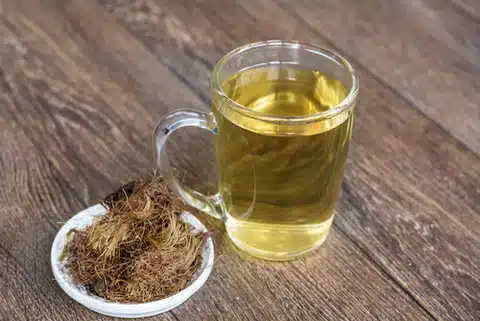
2: Corn Silk
The by product of corn cultivation, corn silk has been used from Asia to Europe as a common treatment to a wide range of illnesses. This includes bladder irritation and bedwetting. In fact, the International Continence Society notes that it may help strengthen and restore the mucous membranes in the urinary tract. This can help prevent incontinence.

3: Capsaicin
Found on the fleshy part of Chile peppers (not the seeds) capsaicin is commonly used to treat pelvic pain – a symptom of incontinence. Reviews in Urology notes that, after capsaicin treatment, peak bladder holding grew from 106ml to 302ml. This has vastly helped those with urge incontinence.
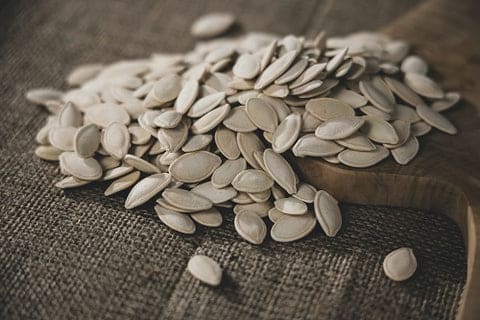
4: Pumpkin Seeds
Packed full of omega-3 fatty acids, pumpkin seeds have anti-inflammatory properties. One study, from the Journal of Traditional and Complementary Medicine, has found that pumpkin seeds can also improve abnormal urinary function, as well as reduce the symptoms of incontinence. Further, a study from Japan found that pumpkin seeds and soybean extract can also reduce incontinence.
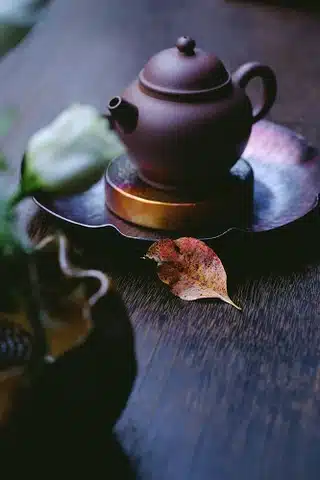
5: Kohki Tea
An extract from a subtropical plant in southern China, kohki tea is a sweet tea that is high antioxidants. it has also been shown to have protective effects on the bladder. One study in the Journal of Urology actually found that the tea had a significant protective effect on bladder function.
When you suffer from incontinence you need to avoid irritants that will further upset your bladder. This means sticking to bladder friendly drinks. This include:
- Plain water
- Soy milk
- Cranberry juice
- Caffeine-free tea
- Diluted cordial
- Barley water
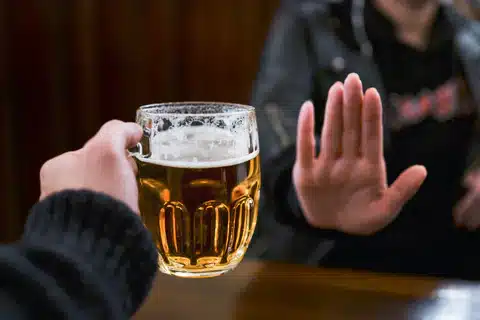
6: Foods and Drinks to Avoid
When it comes to incontinence, our first instinct might be to drink less so we urinate less. But this causes more concentrated urine – usually darker in colour – which can irritate the bladder. You also need to stay hydrated. Below is a list of foods and drinks you should avoid to prevent irritating your bladder and causing incontinence:
- Tomato and any nightshade family vegetables
- Caffeinated tea
- Any spicy foods
- Soft drinks
- Coffee
- All citrus fruits
- Chocolates
- Any artificial sweeteners
- Alcohol
You can test which food or drinks irritate your bladder more and eliminate them from your diet. You can also reduce how often you get out of bed at night to go to the bathroom by not drinking anything 2-3 hours before you sleep.
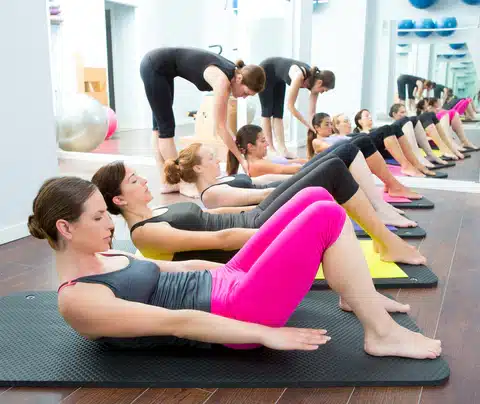
7: Exercise
Unfortunately, extra weight can also increase pressure on your bladder, which in turn causes stress incontinence. This is when urine leaks after you do something that increases pressure on the bladder, like sneezing, lifting, or laughing. While eating healthy food can help you lose weight, regular exercise can help with long term weight management. Research from the National Association for Continence found that women who lost 10% of their body weight saw up to 50% improved bladder control.

8: Guided Imagery
Guided imagery is a well known form of cognitive therapy that aims to alter the way you think. You will be guided by a qualified practitioner to relax your state of mind through imagery and thoughts. This form of therapy can involve soothing music with nature sounds to help relax your mind in order to better cope with mental and physical conditions. It can help you relax your bladder and reduce the urge to urinate.
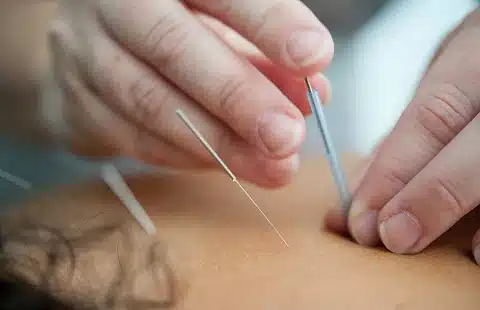
9: Acupuncture
As we discussed earlier, Chinese medicine can offer a holistic approach to treating incontinence. Acupuncture is one potential option for those with urinary incontinence disorders. Acupuncture uses very fine tipped needles. They are inserted in very specific areas of the body. The objective of acupuncture on the body is to improve the flow of the “qi” (energy) around the body. Treatments can be done once or twice a week until your symptoms improve.

10: Behavioural Therapies
Behavioural therapy treatments can also help with urinary incontinence. These kinds of therapies include: behavioural therapy, hypnotherapy, and meditation. These therapies are done in conjunction with each other. Utilising hypnotherapy with behavioural therapy can help improve how patients feel about their incontinence, along with guided meditation to allow the patient to relax and relax their body systems. You may find you have a lot to get out of alternative treatments by utlising them along with your clinical treatments.
Remember, however, your doctor can help you design a fantastic treatment plan that has both traditional medical treatments, as well as alternative medical and home remedy options for you to explore. Combining traditional medicine, alternative therapies, and home remedies can provide you with a fantastic, all round treatment for your incontinence. It ensures it covers all aspects of your diagnosis, from a functional point of view, to the neural, and psychological point of view. Incontinence affects us in a number of ways and a well-rounded treatment can help improve your health.
But remember, it is important to stick to your doctor’s guidelines which will help ensure minimal risk of side effects – and you should always talk to your doctor before looking at alternative treatments, herbs, or supplements.
